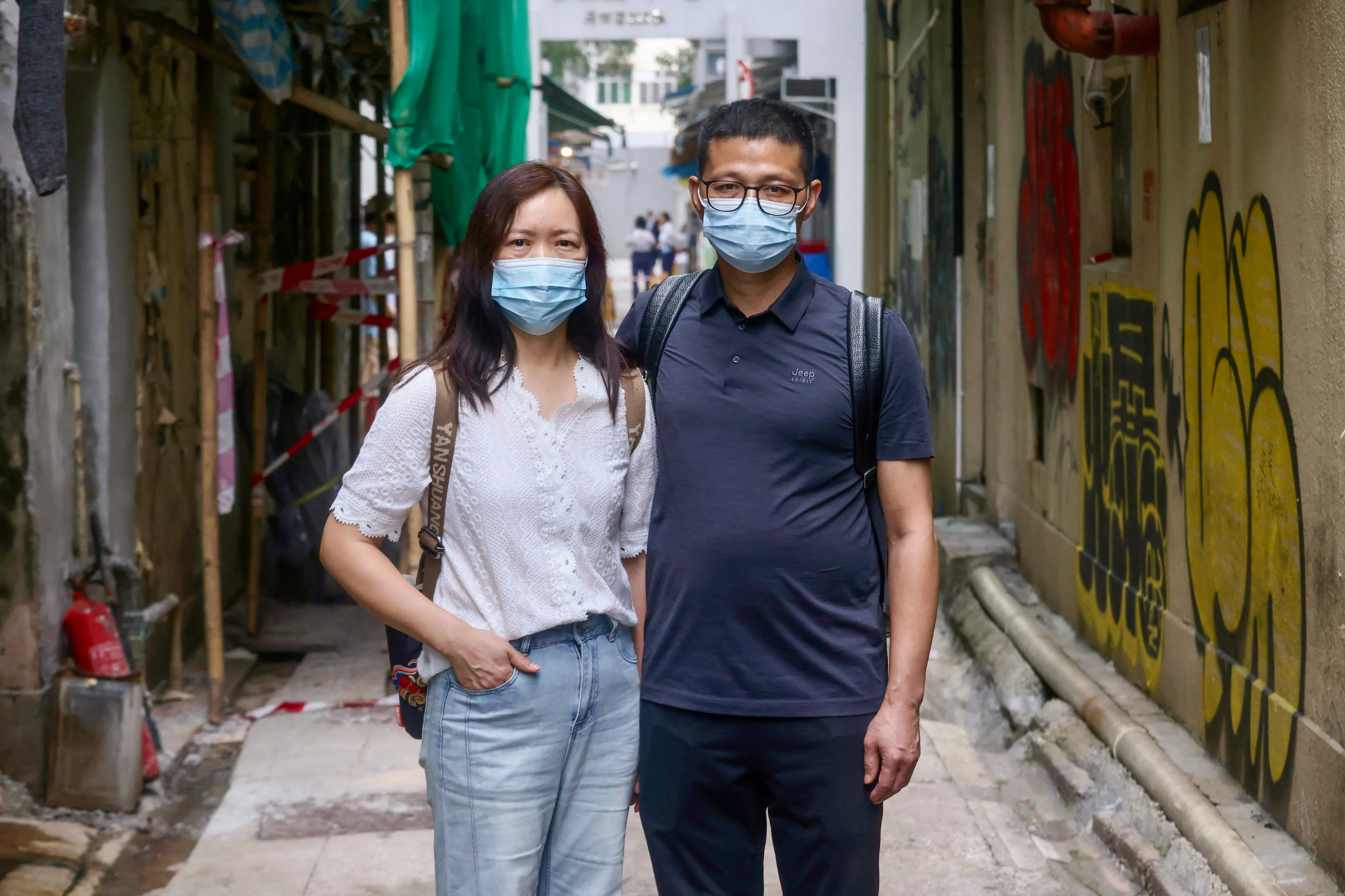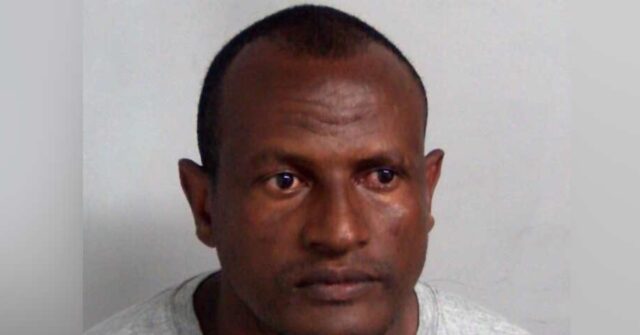Copyright scmp

Sixteen years ago, mainland Chinese parents Li Zhijian and Peng Hongying travelled to Hong Kong to give birth to their third child, full of hope for his future. But little did they know their decision would turn into a nightmare for the family and ruin their son’s life – something Li said he still regretted to this day. “Originally, we planned that after giving birth to Yuanjian, we could live in Shenzhen and take him to Hong Kong for school every day like other children for the city’s better education,” Li said in an interview with the Post. “Everything seemed perfect and we were so happy when he was born, but it was all so short-lived.” The couple recalled the incident that left their son with cerebral palsy and quadriplegia, unable to care for himself for life, and spoke of the hardships the family had endured over the years. Their account came after the Hong Kong government weighed in on the case, in which the couple condemned the Medical Council for terminating an inquiry into a paediatrician accused of a blunder that led to the boy’s disabilities. Their son, Li Yuanjian, was born at Baptist Hospital in Kowloon Tong on December 19, 2009. Peng said she had undergone regular prenatal check-ups at the private hospital, all of which appeared normal. However, the couple said hospital records showed that three days later, at about 2.30am on December 22, the nurse on duty found the baby unwell and crying, and placed him in an incubator. At around 3.30am, Yuanjian suffered a convulsion. At 4.20am, the nurse called Dr Sit Sou-chi to report what had happened. Yuanjian then suffered a second and third convulsion, and his blood oxygen saturation fell to 67 per cent at one time – far below the normal range of 95 to 100 per cent. Sit was notified again at 7.30am and examined the infant at 8am, after which resuscitation was performed. “I saw Yuanjian lying on the bed, but his skin was whiter than the sheets,” Li said. He added that he and his wife were staying in another ward that day, and no one had informed them of what was happening to their son until about 8am. “Why not notify us? If they had notified us, and if the hospital could not arrange a doctor, we would have taken him to another hospital for treatment, and things wouldn’t have turned out like this,” Li said. “It has ruined his life.” Yuanjian was later diagnosed with Group B Streptococcal meningitis, septicaemia and pneumonia. The couple lodged a complaint against Sit with the Medical Council in 2010. The paediatrician was charged with failing to carry out all necessary and immediate investigations after the infant’s first seizure at 3.31am. The inquiry was initially scheduled for 2016 but was postponed at Sit’s request to review new evidence and was later rescheduled for last month. Li said he took leave from work and travelled to Hong Kong with his wife to attend the long-awaited inquiry, but they were once again devastated. On Tuesday, the council’s inquiry panel ordered a stay of proceedings against Sit due to an 8½-year procedural delay by its secretariat. Condemning the decision as “unjust and irresponsible”, Li demanded that the council overturn its ruling and issue a detailed explanation and apology. He said he would write to Chief Executive John Lee Ka‑chiu and pursue a judicial review if the council failed to act. The government weighed in on the case on Thursday. “The government is highly concerned about the handling of the relevant complaint case,” it said in a statement. It added that Secretary for Health Lo Chung-mau had written to the council’s chair, requesting an account of its mechanism for handling complaint investigations and disciplinary inquiries, as well as a comprehensive review with improvement recommendations. Council chairwoman Grace Tang Wai-king said it would respond to the Health Bureau within eight weeks. Li said he and his wife had never given up their pursuit of justice for their son after all the physical and emotional suffering the boy, now 15, and the family had endured. He noted some negative public remarks that accused them of exploiting Hong Kong’s resources by giving birth in the city, but said the family had never received any welfare allowances. After the incident, Peng quit her sales job to care for Yuanjian at home in Shenzhen. The couple also have another son and daughter, while Li works in construction to support the family. For years, they travelled to Hong Kong and also across mainland China – including Beijing, Tianjin, Liaoning and Guangzhou – seeking treatment. Li said his son had undergone acupuncture, traditional Chinese medicine and electrotherapy, but with little improvement. “He is completely unable to take care of himself. He cannot walk, crawl or even sit. He cannot pick things up by himself or eat by himself. He needs to be fed and toileted,” Li said. Although Yuanjian can make sounds, he cannot speak normally. Li said his son’s condition had worsened over the years as his paralysis caused progressive muscle weakness. Last year, the boy was admitted to a special school in Hong Kong, where he now lives and receives both physical and occupational therapy. “How can we envision the future for him?” Li said. “He has never even been able to call me ‘Dad’.”



